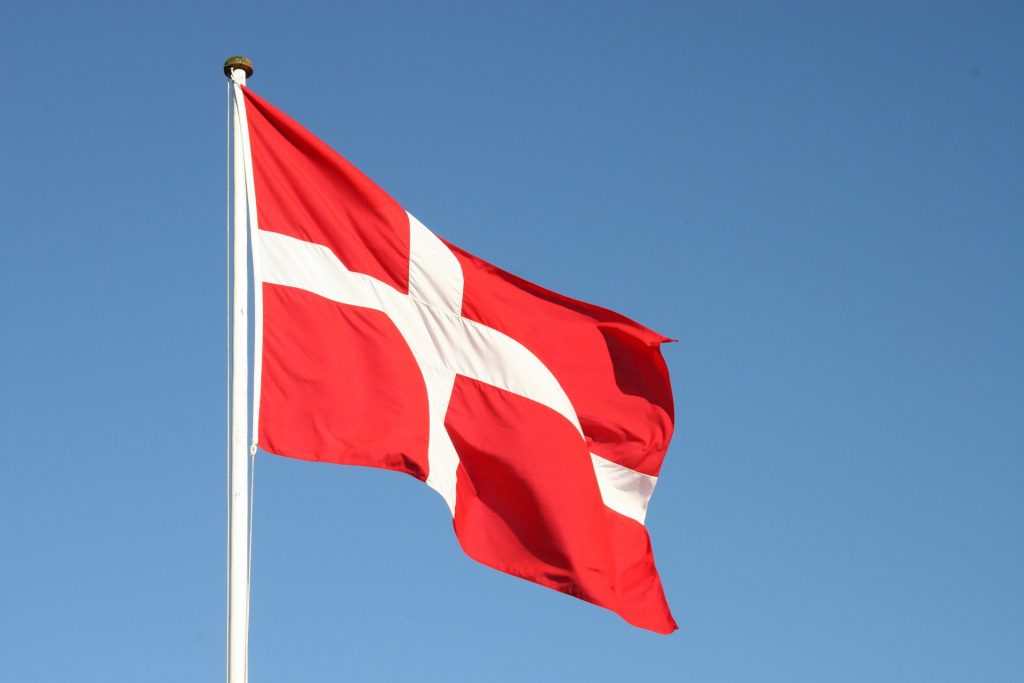The EU’s Chance to Take Control of its Future
03rd Oct 2024

Mario Draghi, former head of the European Central Bank, presented his competitiveness report to Ursula von der Leyen with a clear message: the EU must make significant investments to compete with the US and China. The report paints a picture of a fragmented Europe that is falling behind its global competitors and calls for substantial reforms to strengthen the union’s position.
Draghi identifies three central challenges that the EU must address to boost its economy:
- Promote innovation and new growth sectors: Draghi emphasizes that the EU has lost ground in global trade and the tech sector. To reverse this trend, the union must focus on creating new drivers for growth and innovation.
- Lower energy costs and accelerate the green transition: A key part of the report is the simultaneous reduction of carbon emissions and energy prices. Draghi sees potential for the EU to lead in clean technology and the shift to a circular economy, creating new economic opportunities in the process.
- Geopolitical stability and reduced dependence: The EU must enhance its self-reliance, particularly regarding critical raw materials and the defense industry. With an increasingly unpredictable global trade environment, Draghi stresses the importance of reducing dependence on external actors.
The report underscores the importance of improving the EU’s productivity, which is crucial for long-term economic growth and prosperity. To achieve this, the internal market must be deepened, research and innovation promoted, and regulatory burdens reduced. Draghi also highlights the need for significant investments—between 750 and 800 billion euros annually—to implement the approximately 170 measures he proposes. According to him, this would serve as a modern-day Marshall Plan for Europe, helping the union reclaim its competitiveness on the global stage.
In summary, the report acts both as a warning and a roadmap. Several of the proposed solutions may prove difficult to implement, particularly as many member states are likely to resist the increased debt they entail. However, the report should serve as a wake-up call for Europe’s leaders, highlighting the seriousness of the situation facing the union’s future.
If the presented proposals are not accepted, countries should instead adopt other necessary strategies, such as further deregulation, greater economic freedom, and more open markets, and they should act swiftly. Hopefully, this could serve as the needed catalyst for the EU to implement the changes required to truly compete on the global stage.






